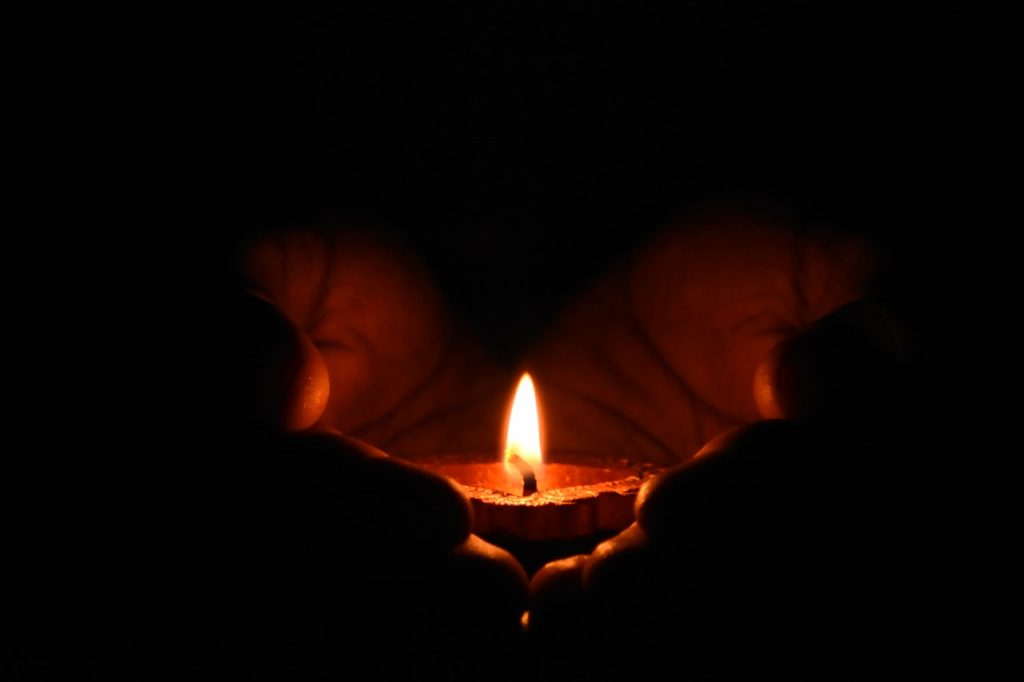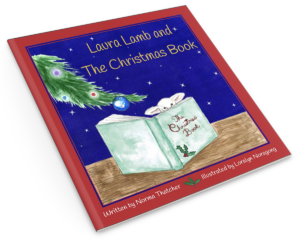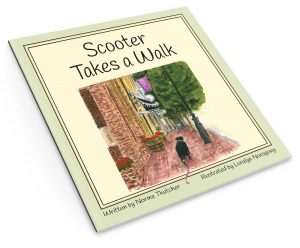
Photo by DhivakaranS on Pexels.com
Fictional character Jack Reacher said something like this when looking out into the dark: It’s what everyone fears, whether they realize it or not…that thought that just maybe there’s something out there that’s going to get them.
Being afraid of the dark is usually a childhood manifestation that appears around the age of two and usually departs by the age of ten.
But sometimes it never goes away.
A 2016 British study showed that 64% of the country’s adults admitted to being afraid of the dark. 36% of the participants said they sense someone or something in the room with them. Many cited fearing something was hiding under their beds. Others said they never left their feet uncovered for fear that something would grab them.
It appears Brits are more afraid of the dark than are Americans; a study noted by Dr. John Mayer indicated around 11% of American adults admit to being afraid of the dark.
Still, that’s a lot of grown-ups sleeping with the lights on and their toes covered.
Although some people use the terms interchangeably, Nyctophobia is the psychological term for having an extreme fear of the night, and Achluophobia is the term for fearing darkness. The differentiation in my brain is that there can be darkness without night. Think of a trunk, a closet, or a basement without windows. Scared yet?
Why ARE we afraid of the dark? It goes back to our earliest beginnings. When the caveman poked out his head by dawn’s early light, he could see if any danger was lurking. During the day he could answer the Big Question: “Is that something I can eat or is it something that can eat me?”
So evolutionarily-wise, fear of the dark was an advantage in that it helped us stay alive for another day.
Even today the oldest part of our brain (referred to as the lizard brain or reptilian brain) assigns a negative connotation to something new or unfamiliar. THAT is why so many of us are uncomfortable with trying something new, whether it’s tasting something we’ve not had before, or taking a class where we don’t know anyone, or interviewing for a different job.
So darkness represents a terrifying unknown because, well, who knows what’s out there? There is very likely nothing, but we may imagine unlimited frightening possibilities.
Sometimes the darkness is in our heads and our hearts. We may have suffered the tragic loss of a loved one or a terrible blow to our self-esteem by a cheating spouse or from losing a job. A debilitating illness of our own or a family member may send us into a downward spiral. We’re frightened of this dark, terrifying unknown and we are fearful of what may be coming after us next.
Just as in actual darkness, we need a spark of light to help us see. The spark may be small, even perhaps short-lived, lasting long enough for us to venture one first step.
That spark is named hope.
Heart-and-head darkness is a prime breeding ground for despair and powerlessness. We simply can’t see any way for our situation to improve. We’re afraid to move for fear of making things worse. We don’t even try to feel our way to safer ground.
But someone sharing a spark of hope can be a lifeline in the darkness.
~~~~~~~~~~~~~
A former post of mine on the Lizard Brain
Article on childhood fears sticking with us




Well, my toes don’t need to be covered – never had the fear of someone (or something) grabbing them. However, one night (in the dark) while taking out the garbage, I must have scared a “herd” of deer walking along our fence row because all of a sudden they took off running. I jumped, dropped the bag of garbage, and headed back into the house. When I realized what actually made the noise, I had to laugh – but, hey, it could have been a hungry bear nearby.
And sometimes that spark of hope can be something as simple as a “How are you doing card?” Maybe visiting someone in an assisted living home (when you see how their face lights up when you walk in), or simply being a good listener.
Yes, our mama bear is back from hibernation with the three cubs, and they are all significantly larger than last year! And the wild turkey was helping himself from my bird feeder the next day. I do enjoy living in the country.
There has surely been a time or two in all of our lives when we have unknowingly, or on purpose, dashed someone’s “hope” for something. I can’t recall the origin of this quotation about hope, but it’s a good one for consideration: “Never take away anyone’s hope; sometimes it’s all they have.”
It takes continual practice to stay out of judgement, of others as well as of ourselves. That thought even applies to folks who purchase lottery tickets, as they surely do so with the hopeful “possibility” no matter how slight, that their ticket may just be the
winner.
Love the quote! Thanks for sharing.